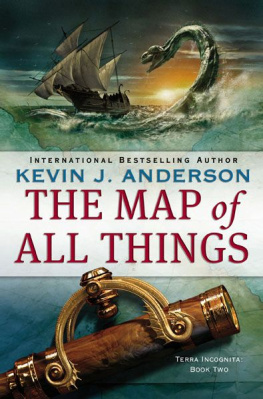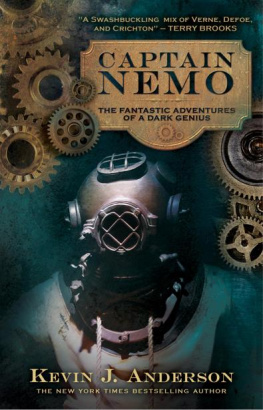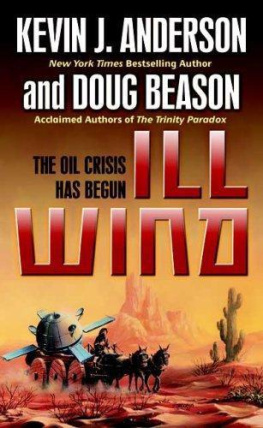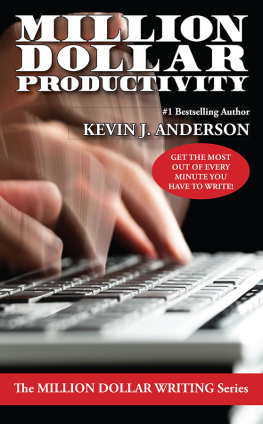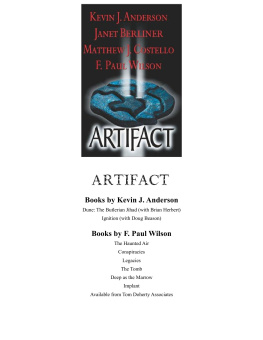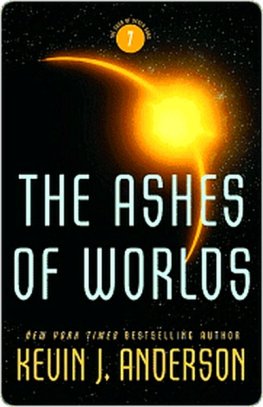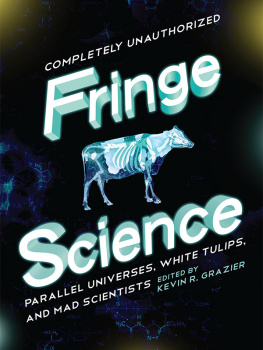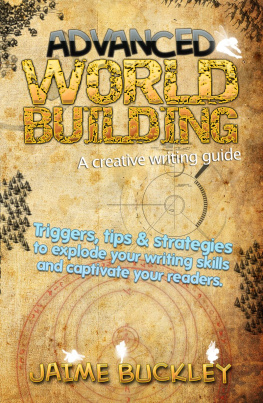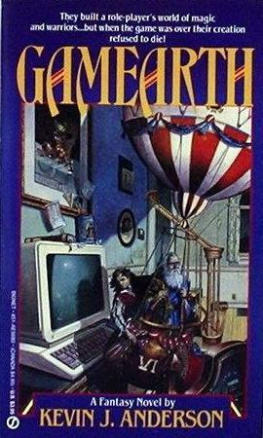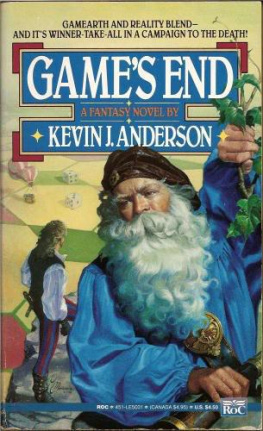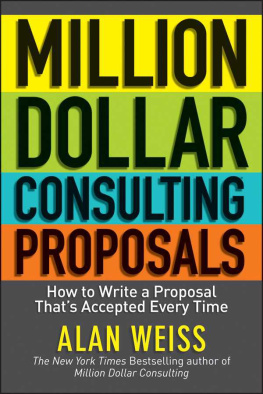Book Description
International bestseller Anderson has created many extensive fictional universes, ranging from sweeping galactic empires to complex steampunk fantasies, to humorous monster-filled cities. He has become known for his skill in worldbuilding.
In Worldbuilding: From Small Towns to Entire Universes he describes his techniques in creating a rich fictional setting, leading writers through the countless questions and topics one must consider. Whether its geography, climate, politics, economics, society, religion, science, arts, or history, all of these ingredients form the basis for a believable setting for your story to unfold.


Kindle Edition 2015
WordFire Press
wordfirepress.com
ISBN: 978-1-61475-376-6
Copyright 2015 WordFire, Inc.
All rights reserved. No part of this book may be reproduced or transmitted in any form or by any electronic or mechanical means, including photocopying, recording or by any information storage and retrieval system, without the express written permission of the copyright holder, except where permitted by law.
The authors and publisher have strived to be as accurate and complete as possible in creating the Million Dollar Writing series. We dont believe in magical outcomes from our advice. We do believe in hard work and helping others. The advice in our Million Dollar Writing series is intended to offer new tools and approaches to writing. We make no guarantees about any individuals ability to get results or earn money with our ideas, information, tools or strategies. We do want to help by giving great content, direction and strategies to move writers forward faster. Nothing in this book is a promise or guarantee of future book sales or earnings. Any numbers referenced in this series are estimates or projections, and should not be considered exact, actual or as a promise of potential earnings. All numbers are for the purpose of illustration. The sole purpose of these materials is to educate and entertain. Any perceived slights to specific organizations or individuals are unintentional. The publisher and authors are not engaged in rendering legal, accounting, financial, or other professional services. If legal or expert assistance is required, the services of a competent professional should be sought.
Cover design by Janet McDonald
Art Director Kevin J. Anderson
Cover artwork images by Dollar Photo Club
Book Design by RuneWright, LLC
www.RuneWright.com
Kevin J. Anderson & Rebecca Moesta, Publishers
Published by
WordFire Press, an imprint of
WordFire, Inc.
PO Box 1840
Monument, CO 80132
Contents
The Million Dollar Writing Series
When seeking advice, always consider the source. Many self-appointed experts write how-to books without themselves ever accomplishing the thing they are trying to teach you how to do.
In the Million Dollar Writing Series, each of our authors has sold a minimum of one million dollars of commercial product in their field. They have proved themselves, and here they share their wisdom, advice, and experience with you.
There are many factors in becoming a successful writer, and we cannot guarantee that youll break into the top levels, but we hope you find the advice to be useful and enlightening.
One:
Creating Universes,
Big and Small
Ive written 130 novels, and Ive built a lot of worldssome of them entirely from scratch, others similar to the neighborhoods I can visit every day, with just simple modifications and altered details. I like to paint on a big literary canvas, and I like to fill in all the details.
In my space opera series, the Saga of Seven Suns and the Saga of Shadows, I created the vast Spiral Arm, with rival galactic empires, trading conglomerates, diverse cultures (human and non-human), hundreds of planets, exotic climates, bizarre alien races, and extraterrestrial life formsall as a backdrop for my characters to let me tell their stories.


In my Dan Shamble, Zombie P.I. series, I took a more whimsical fantastic approach on a modern-day America ten years after an utterly improbable sequence of cosmic coincidences unleashed werewolves, ghosts, vampires, mummies, and zombies back into the world. The monsters have set up a section of the city, the Unnatural Quarter, where they can live and let live (so to speak). They operate embalming parlors, cafes, gambling joints, All Day/All Nite fitness centers (including treadmills without mirrors, so as not to embarrass the vampire clientele). And, yes, zombie detective agencies. The monsters experience the same types of problems that normal people do, though maybe a bit more extreme. Its all played for laughs, and it may seem sillybut I mapped out the rules, laid down the details and followed them consistently throughout.


In my ambitious sailing ships and sea monsters nautical fantasy trilogy, Terra Incognita, I developed a world much like Medieval Europe during the Crusades, with a partially unmapped world, ambitious sailing expeditionsas well as a smattering of magic, and of course sea monsters. Even though the fictional world was closely based on the Portugal of Prince Henry the Navigator or the Mediterranean of the Crusades, I still had to understand basic questions such as: How do sailing ships work? How do the sailors navigate? Does this civilization have accurate clocks (vital for navigation)? Do the navies have gunpowder? Do the countries have the printing press? In Uraba, my continent modeled after desert-like Arabia, where did they get the trees to build their wooden ships? Where are the mines for the metals they needed?
All those questions had to be answeredand the answers in turn drove and shaped the storyline.

I have done a lot of work in established universes based on films, TV, or well-known novels. Often the audiences are already extremely familiar with the characters and details. For instance, Ive written numerous projects in the universes of Star Wars, Dune, X-Files, Batman, Superman, Star Trek, and most recently in the Heroes Reborn TV show. When I worked on Star Wars, I had access to multiple reference books, information gathered by generations of fans and Lucasfilm experts. In my Superman novel, The Last Days of Krypton, I had to pull together almost ninety years of scattered hints and assertions about Supermans home planet, about his father Jor-El, about how Krypton had exploded and much of the established canon was completely contradictory. I had to find some way to synthesize it, force it all to make sense. And sometimes such challenges led to quite wonderful solutions.
When my friend Neil Peart, the drummer and lyricist for the legendary rock group Rush, invited me to work with him on a storyline and novel for their steampunk fantasy concept album Clockwork Angels, he told me his vision for a pleasant Victorian-era world run by a rigid but benevolent figure named the Watchmaker. In Albion, alchemy works, and the Watchmaker had discovered the secret of creating not only gold, but also a plentiful alchemical energy source called coldfire. Albion was wealthy (because of all that gold) and comfortable (because of all that cheap energy), practically a utopia. The Watchmaker wasnt a brutal dictator; he just wanted everything to run efficiently.
Next page

